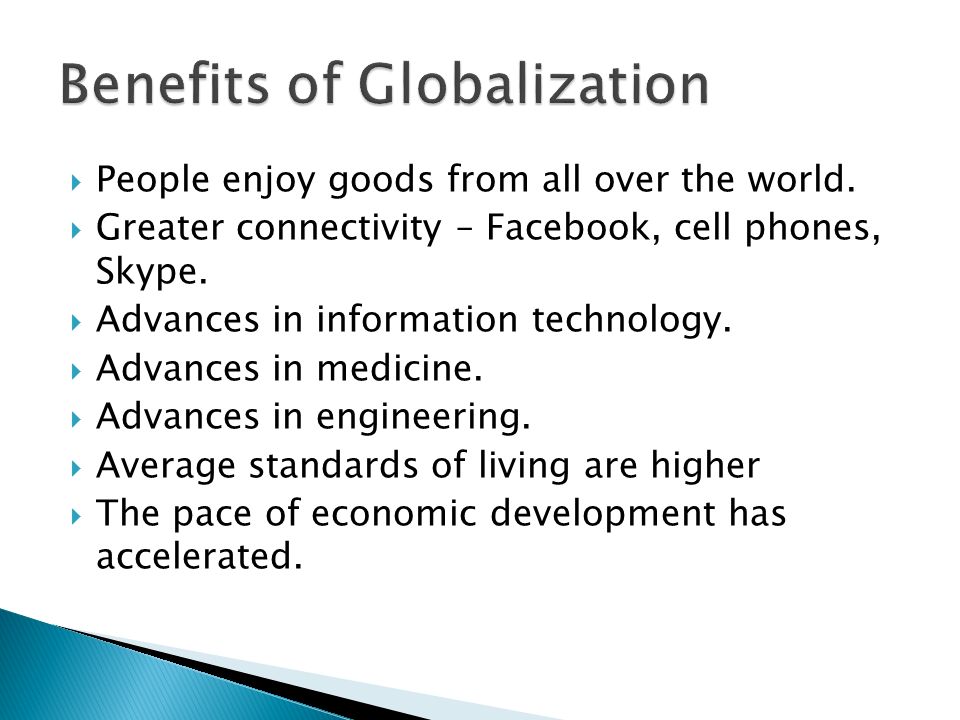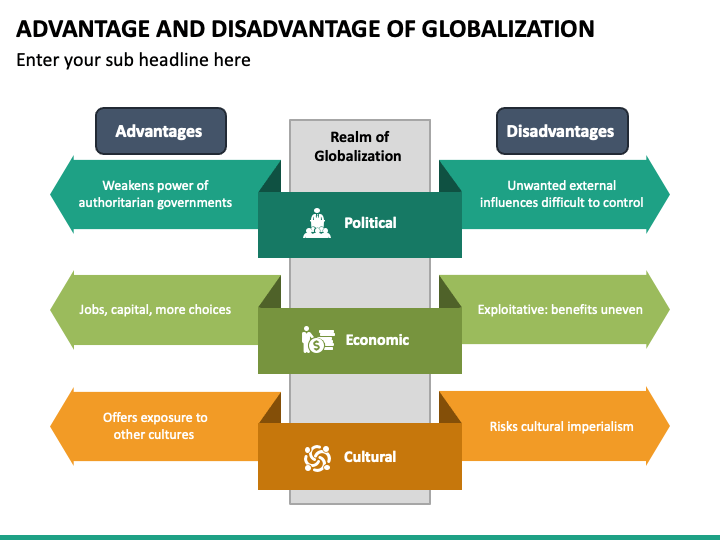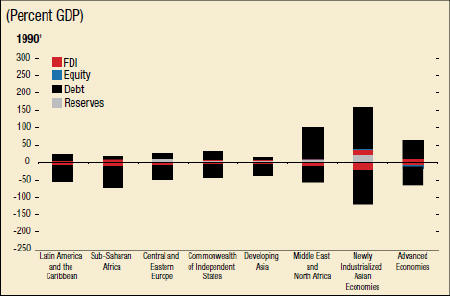Globalization refers to the increasing interconnectedness and interdependence of countries through the exchange of goods, services, information, and ideas. It has brought significant economic benefits to countries around the world, and has helped to reduce poverty and improve living standards for many people.
One of the main economic benefits of globalization is increased trade. Globalization has made it easier for countries to trade with each other, which has led to a significant increase in the volume of international trade. This has benefited both exporting countries, which have access to new markets for their products, and importing countries, which have access to a wider range of goods and services at lower prices. For example, countries with a comparative advantage in producing certain goods, such as China in manufacturing, can specialize in producing these goods and sell them to other countries, while countries that have a comparative advantage in other areas, such as the United States in services, can focus on those areas and import other goods. This specialization and division of labor leads to increased efficiency and lower costs, which can lead to lower prices for consumers and higher profits for businesses.
Globalization has also led to increased foreign investment and the movement of capital across borders. This has allowed companies to access new markets and take advantage of lower production costs in other countries. For example, a company may decide to open a factory in a developing country where labor is cheaper, and then export the goods it produces back to its home country or other markets. This can create jobs and stimulate economic growth in the host country, and also lead to lower prices for consumers in the importing country.
Globalization has also contributed to the spread of technology and knowledge. The exchange of ideas and information has allowed countries to learn from each other and adopt new technologies and practices. This has led to increased productivity and innovation, which can drive economic growth. In addition, the increased flow of people and ideas has facilitated the transfer of skills and knowledge, which can help to improve the quality of human capital in participating countries.
However, globalization has also had some negative effects. Some critics argue that it has led to the loss of jobs in certain industries in developed countries, as companies have outsourced production to developing countries where labor is cheaper. In addition, globalization can lead to increased competition, which can put pressure on domestic firms and lead to downward pressure on wages. There are also concerns about the potential negative impact on the environment, as increased trade can lead to an increase in the transportation of goods, which can contribute to air pollution and climate change.
In conclusion, globalization has brought significant economic benefits to countries around the world through increased trade, foreign investment, and the spread of technology and knowledge. However, it is important to carefully consider the potential negative effects and to take steps to mitigate them in order to ensure that the benefits of globalization are shared by all.






